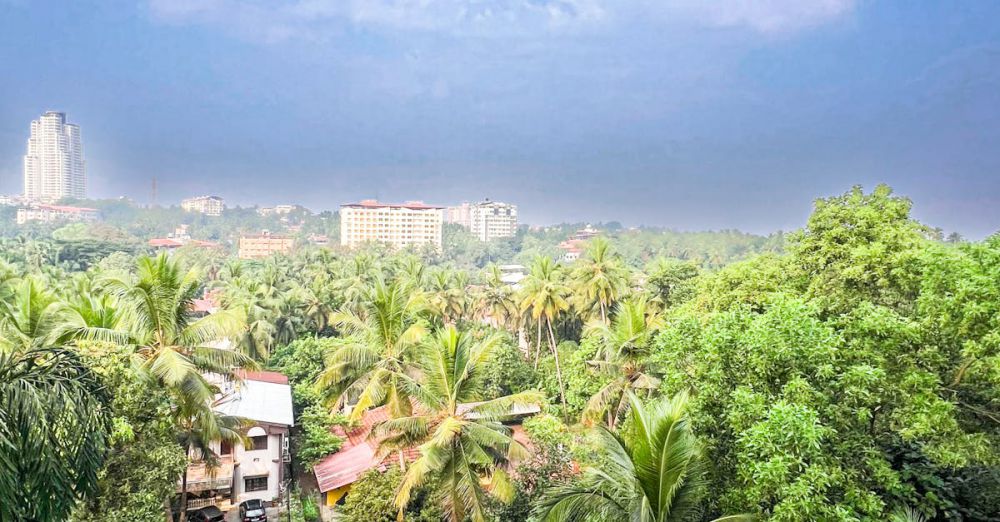What Are the Best Indigenous Experiences for Eco-tourism
As the world increasingly turns its attention toward sustainable travel, eco-tourism has emerged as a powerful way to explore our planet while respecting its natural and cultural heritage. Among the most enriching eco-tourism experiences available are those that involve Indigenous communities. These experiences not only promote environmental awareness but also provide a unique opportunity to learn from the rich traditions and knowledge of Indigenous peoples. Below are some of the best Indigenous experiences for eco-tourism, where travelers can engage with local cultures while supporting sustainable practices.
Cultural Immersion in the Amazon Rainforest
The Amazon rainforest is a vibrant tapestry of life, home to countless Indigenous tribes who have lived in harmony with nature for centuries. Eco-tourists can embark on guided tours led by Indigenous people, gaining insights into their traditional practices, medicinal knowledge, and sustainable living techniques. For instance, the Kichwa community in Ecuador offers immersive experiences that include foraging for food, learning about plant-based medicines, and fishing using traditional methods. Such experiences not only provide travelers with an understanding of the ecological balance of the rainforest but also empower local communities by generating income and promoting cultural preservation.
Exploring the Sacred Sites of the Aboriginal Peoples in Australia
Australia’s Indigenous cultures are among the oldest on Earth, with rich histories tied to the land. Eco-tourism opportunities abound for those eager to learn about Aboriginal traditions. Guided tours to sacred sites like Uluru and Kakadu National Park allow travelers to appreciate the spiritual significance these places hold for Indigenous Australians. Local guides often share Dreamtime stories—mythological tales that explain the world’s creation—while highlighting the importance of conservation practices. Engaging in these experiences fosters a deeper connection to the land and encourages respect for its preservation.
Wildlife Conservation with Native Tribes in North America
In North America, Indigenous tribes are at the forefront of wildlife conservation efforts, often working to protect endangered species and restore habitats. Eco-tourists can join initiatives that focus on the protection of bison, wolves, or salmon, depending on the region. For example, the Blackfeet Nation in Montana offers eco-tours that include bison tracking and insights into the tribe’s efforts to preserve their cultural heritage through wildlife management. Such experiences not only teach tourists about the ecological challenges faced by these species but also highlight the sustainable practices rooted in Indigenous knowledge.
Culinary Adventures in the Arctic
The Arctic presents a unique opportunity for eco-tourists to experience Indigenous culinary traditions. In places like Greenland and Canada, local Inuit communities offer food tours that showcase traditional hunting and gathering techniques. Travelers can enjoy dishes made from fresh, sustainably sourced ingredients, while learning about the cultural significance of food in Indigenous societies. These culinary adventures emphasize not only the flavors of the region but also the importance of maintaining a sustainable relationship with the land and its resources.
Connecting with Nature in New Zealand
In New Zealand, the Maori culture is deeply intertwined with the land, and eco-tourism offers a pathway to explore this connection. Experiences such as guided hikes through the Fiordland National Park or cultural performances in Rotorua allow travelers to appreciate the beauty of the landscape while learning about Maori customs and environmental stewardship. The Maori’s philosophy of “kaitiakitanga,” or guardianship of the land, is a cornerstone of their beliefs, making these experiences rich with lessons on sustainability and respect for nature.
Embracing Indigenous Wisdom in the Andes
The Andean region of South America is home to numerous Indigenous groups, each with their unique perspectives on environmental conservation. Eco-tourists can participate in homestays with communities like the Quechua people in Peru, where they can learn about traditional agriculture, textiles, and spiritual practices tied to the land. Activities such as trekking to ancient Inca sites or participating in local festivals provide a profound understanding of how these communities live sustainably. By supporting these experiences, travelers contribute to the preservation of Indigenous cultures and the natural beauty of the Andes.
The Importance of Respect and Reciprocity
When engaging in Indigenous experiences as part of eco-tourism, it is vital to approach these opportunities with respect and an open heart. Understanding the cultural significance of the activities and being mindful of the impact on local communities are essential. Eco-tourism should be a reciprocal relationship, benefiting both travelers and Indigenous peoples while fostering a mutual appreciation for the environment.
In summary, eco-tourism that incorporates Indigenous experiences offers travelers a unique lens through which to view the world. By immersing themselves in the traditions and practices of Indigenous communities, eco-tourists can become advocates for sustainability, cultural preservation, and environmental stewardship. These experiences enrich the traveler’s journey while ensuring that Indigenous voices remain at the forefront of eco-tourism initiatives.







